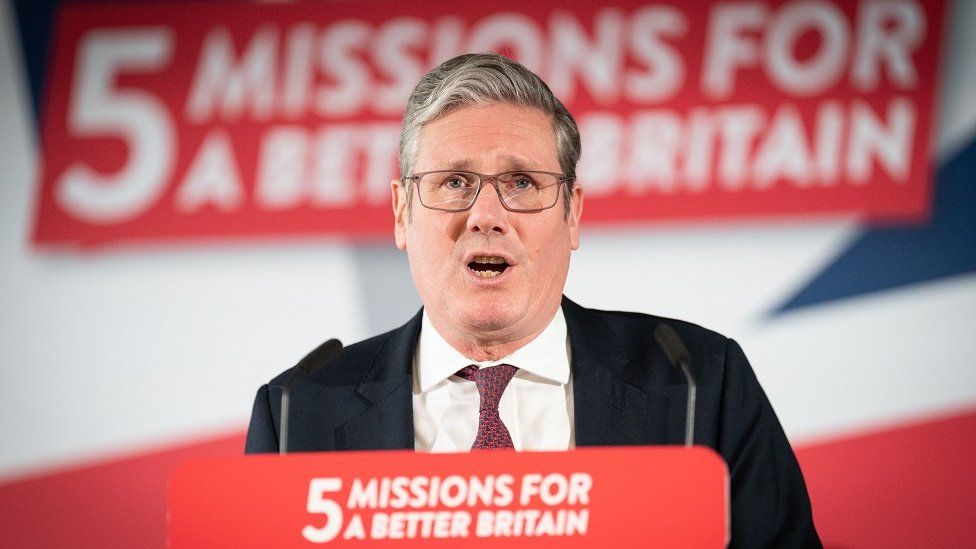ARTICLE AD BOX
 Image source, PA Media
Image source, PA Media
Labour would freeze council tax this year if in government, the party has announced as it launches its local elections campaign.
Council tax for millions of households in England will rise on 1 April, with many councils due to raise rates by 5%.
Labour leader Sir Keir Starmer said freezing the current rate could be paid for with funds from an increased windfall tax on energy firms.
On 4 May, 230 councils across England will hold elections.
In a speech on Thursday in Swindon, Sir Keir is expected to say council tax increases are a "Tory choice".
"A Labour government would freeze your council tax this year - that's our choice," he will say. "A tax cut for the many, not just for the top 1%."
Image source, Getty Images
Image caption,Council tax is used to fund local services such as bin collections
Labour is currently the second largest party on Swindon council, with 23 seats compared to the Conservatives' 32.
Labour have announced they will insulate 19 million homes as part of a "national mission" to reduce energy bills and make the UK more energy independent.
They have also pledged to reverse government plans to scrap the £1.07m lifetime limit on tax-free pensions savings and close non-dom tax status.
Council tax is a compulsory charge on properties in England, Scotland and Wales set by local authorities to raise money to spend on providing services in their area.
The government has increased the amount that councils in England are allowed to put up council tax without having to hold a local referendum.
Those with social care duties can raise council tax by 5%, while others can put it up by 3%.
Most councils are expected to impose the biggest increase they are allowed to without consulting residents.
In England, if you pay the average Band D council tax of £1,966 a year, a 5%, rise would mean an extra £98.30 across the year - pushing Band D council taxes to more than £2,000 a year for the first time.

 1 year ago
41
1 year ago
41








 English (US) ·
English (US) ·